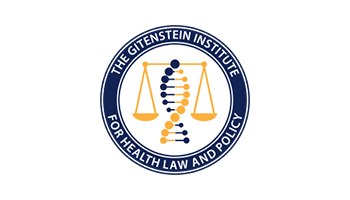Maura Healey, the Massachusetts Attorney General, has begun an investigation into the pricing of Gilead Sciences’ Hepatitis C drugs due to possible violations of Massachusetts’ consumer protection laws. Gilead’s Hepatitis C drugs, Sovaldi and Harvoni, have been applauded as “breakthrough” treatments for the disease, curing most patients in 12 weeks with minor side effects. However, the drugs come at a lofty price — anywhere between $84,000 and $94,000 for a course of treatment – which has led Ms. Healy to the conclusion that Gilead’s pricing of the drugs may be resulting in “massive public harm” by making the drugs unavailable to vulnerable populations. In particular, the demand for the drugs, and with Gilead’s pricing structure, has placed a costly burden on state Medicaid and prison health care programs, causing many such programs to strictly limit access to the drugs. As a result, Ms. Healy argues, Gilead effectively created a cure for Hepatitis C, but then made that cure unavailable through its pricing structure.
Although Gilead contends that its high prices are offset because Sovaldi and Harvoni may help patients avoid costly liver diseases, and that substantial discounts may be available to certain consumers and insurance companies, this is not the first time Gilead has faced scrutiny of its practices. The AIDS Healthcare Foundation recently filed a lawsuit against Gilead regarding its HIV drug, Tenofovir, and a lawsuit filed by the Southeastern Pennsylvania Transportation Authority regarding Gilead’s exorbitant prices was recently dismissed. It remains to be seen whether Gilead has violated any laws, but perhaps the ongoing scrutiny of Gilead’s practices will lead to a mutually beneficial resolution, which Ms. Healy hopes will be a reduction in price.
